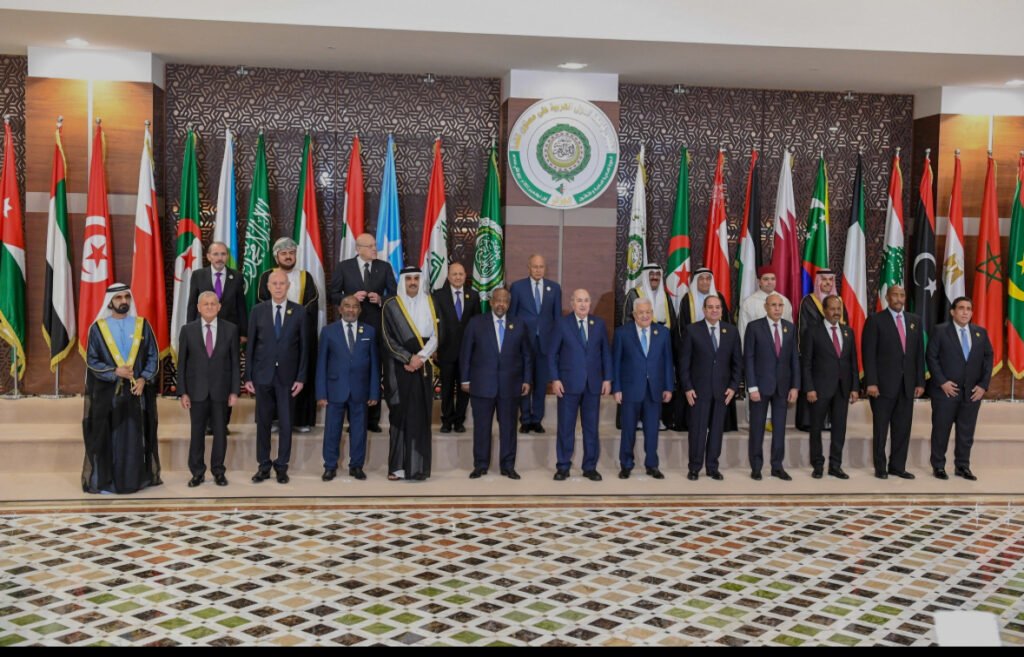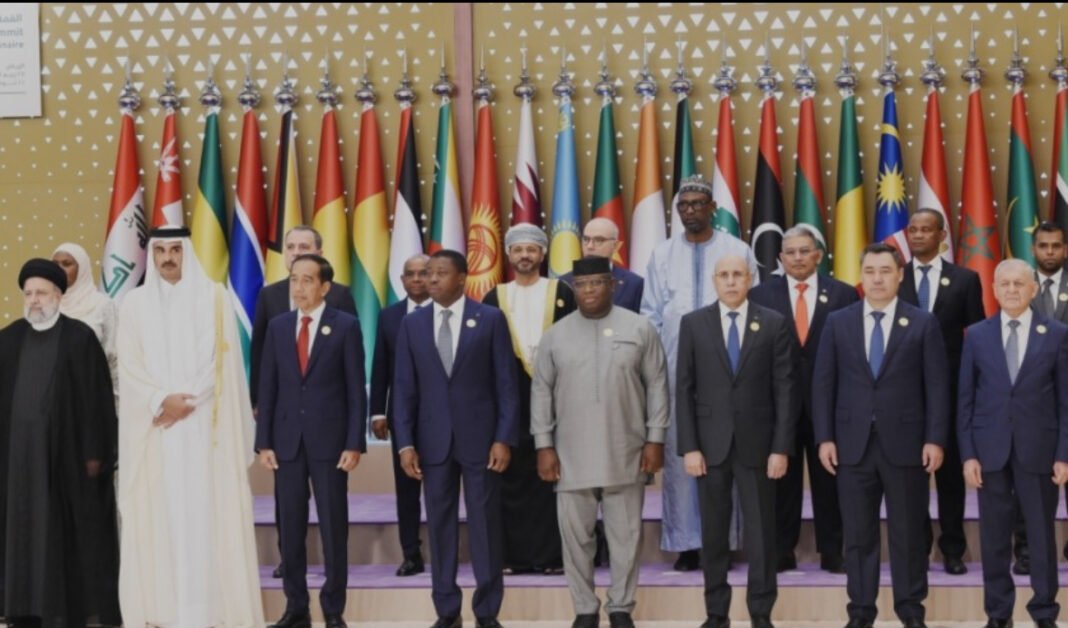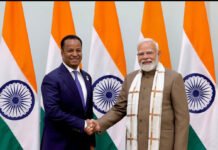ABU DHABI / DOHA, (HAN) – Efforts to create a unified Arab military force have faced a major setback after Qatar and the United Arab Emirates (UAE) publicly rejected a proposal initially advanced by Egypt.

The plan, first put forward by Cairo, sought to establish a joint Arab military command capable of coordinating defense strategies and responding collectively to external threats, particularly the intensifying conflict with Israel. Egyptian officials argued the initiative would strengthen regional security and present a united Arab front.
However, in statements made this week, both Qatar and the UAE expressed strong reservations about the proposal.
A senior UAE government source, speaking on condition of anonymity, said: “The idea of a single Arab military command sounds ambitious, but in practice it risks undermining the sovereignty of individual states. Each country has unique security priorities, and a unified force could drag nations into conflicts that are not of their choosing.”
Qatari officials echoed similar concerns, stressing the importance of diplomacy over military escalation. Foreign Ministry spokesperson Dr. Khalid Al-Ansari told local media: “Qatar believes in collective Arab cooperation, but this cooperation must be political, economic, and humanitarian in nature. A military alliance at this time risks escalating regional divisions instead of solving them.”
Analysts say the rejection highlights ongoing fractures within the Arab League that have long hindered security cooperation.
Middle East political analyst Dr. Leila Hassan explained: “For decades, Arab states have debated the idea of a joint defense pact, but deep political rivalries and differing national interests have always stood in the way. Qatar and the UAE’s latest opposition reflects these same challenges — mistrust and divergent priorities.”
Egypt, meanwhile, has defended the proposal as a necessary response to growing instability. In a televised address earlier this week, an Egyptian defense official argued: “The region is facing unprecedented threats. Only through unity can we protect Arab sovereignty and safeguard our people.”
Despite Cairo’s insistence, experts suggest the initiative is unlikely to gain traction without the support of the Gulf states.
“If key players like the UAE and Qatar are not on board, the idea of a unified Arab army will remain more symbolic than practical,” Dr. Hassan added.
The debate comes at a time of heightened regional tensions, with Israel’s military operations drawing international criticism and further complicating the Arab world’s search for a unified response.




